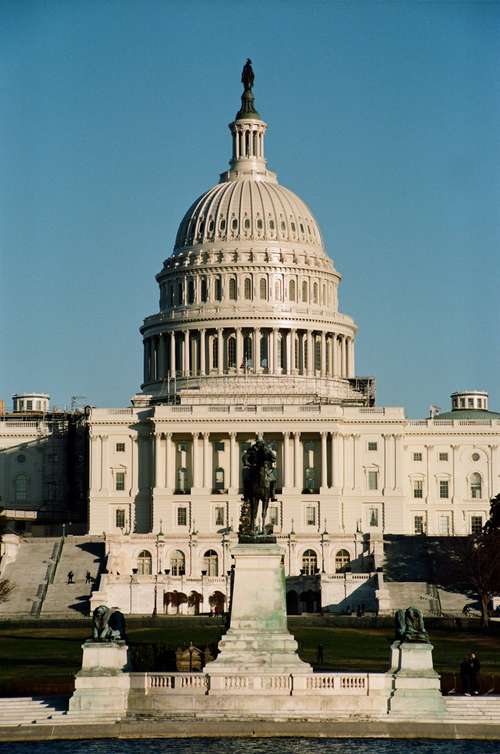
- Taiwan sets out to develop a strong regulatory framework for crypto exchanges and their operations. They claim this is bolster the adoption of cryptocurrencies in the country.
- The major factors promoting the implementation of these regulations are transparency as well as the protection of user funds.
To regulate the evolving cryptocurrency landscape, Taiwan is taking significant steps to establish comprehensive crypto laws. Lawmakers in the country are diligently working on a special law that aims to govern crypto-related businesses.
In response to the increasing concerns over offshore crypto markets and the need to prevent regulatory arbitrage, the new move has been initiated.
Yung-Chang Chiang, an official in the Legislative Yuan of Taiwan, recently provided an update on the progress of these regulatory efforts. Chiang stated in an interview that he is determined to have the first draft of this special law ready for parliamentary review by the end of November 2023 or possibly even sooner.
According to him, such an act is "necessary" to effectively regulate the diverse and rapidly expanding crypto industry. He emphasized that crypto assets differ from traditional financial products, necessitating the creation of a particular legal framework tailored to their unique characteristics.
To gather input and insights from various stakeholders in the cryptocurrency sector, Chiang hosted a public hearing on October 6th in the Taiwanese parliament.
Attendees included digital asset service providers, academics, and other industry experts who engaged in discussions regarding the draft proposal. This collaborative approach to policymaking reflects Taiwan's commitment to ensuring that its crypto regulations are comprehensive and well-informed.
Initial Steps for Investor Protection
Taiwan has already taken some initial steps toward enhancing investor protection in cryptocurrency. On September 26th, the Taiwan Financial Supervisory Commission released a set of guidelines aimed at bolstering security measures for cryptocurrency investors. These guidelines encompass a range of rules that cover various aspects of the industry.
One key provision in these guidelines is the requirement for cryptocurrency exchanges to segregate their assets from those belonging to customers.
This segregation is intended to protect investors' funds in the event of exchange insolvency or other unforeseen circumstances. Additionally, the guidelines introduce mechanisms for reviewing the listing and delisting of digital assets, promoting transparency and accountability within the industry.
Another aspect of these guidelines is the restriction on foreign virtual asset service providers. According to the rules, these providers are only permitted to offer their services in Taiwan after obtaining the necessary approvals from local regulatory authorities. This measure is designed to ensure that foreign entities operating in Taiwan's crypto market adhere to Taiwan crypto regulations as domestic players.
In a coordinated move, major Taiwan cryptocurrency exchanges have come together to form an association dedicated to advancing the interests of the industry.
This collective effort by the exchanges underlines the growing recognition of the importance of self-regulation and industry collaboration in promoting a healthy and secure crypto environment in Taiwan.
What Next For Taiwan?
Taiwan is making significant strides in establishing a comprehensive regulatory framework for cryptocurrencies. The proposed special law, expected to be available for parliamentary review by the end of November 2023, reflects the country's commitment to addressing the unique challenges posed by the crypto industry.
With recent guidelines from the Financial Supervisory Commission and the formation of a crypto exchange association, Taiwan is positioning itself to strike a balance between fostering innovation and safeguarding investor interests in the rapidly evolving world of cryptocurrencies.



